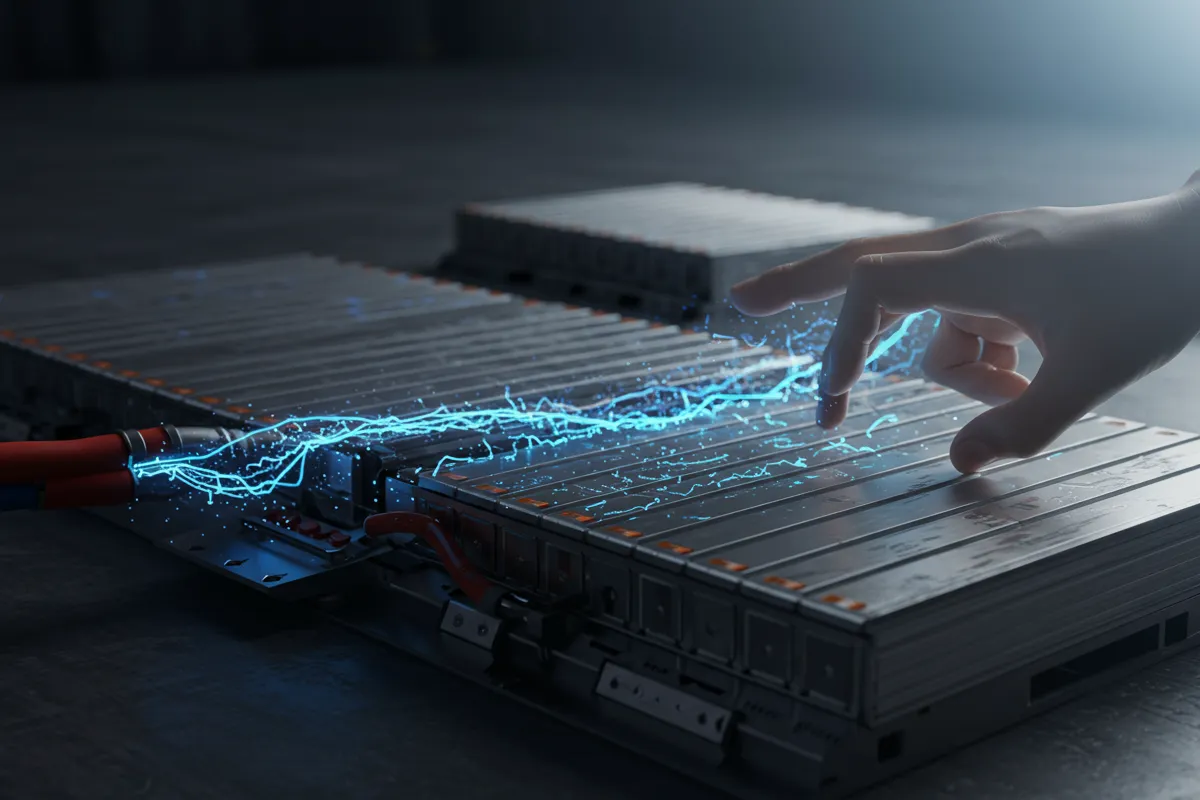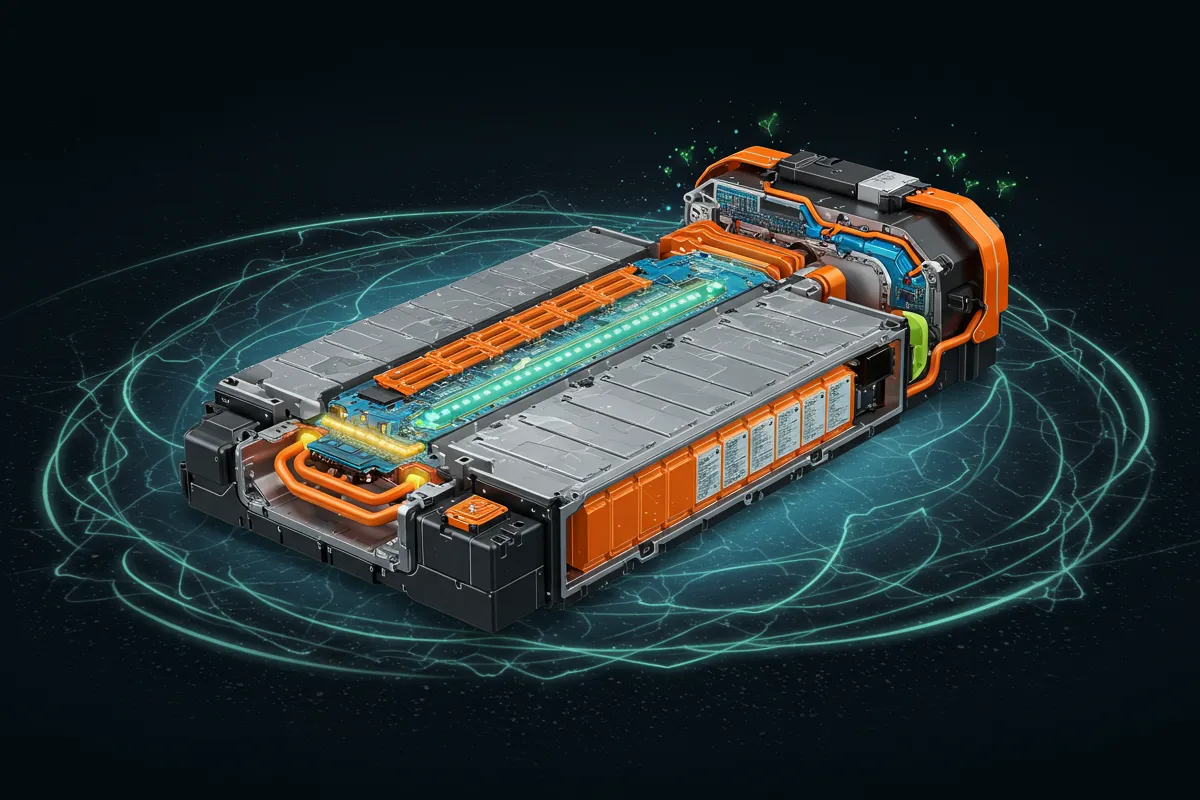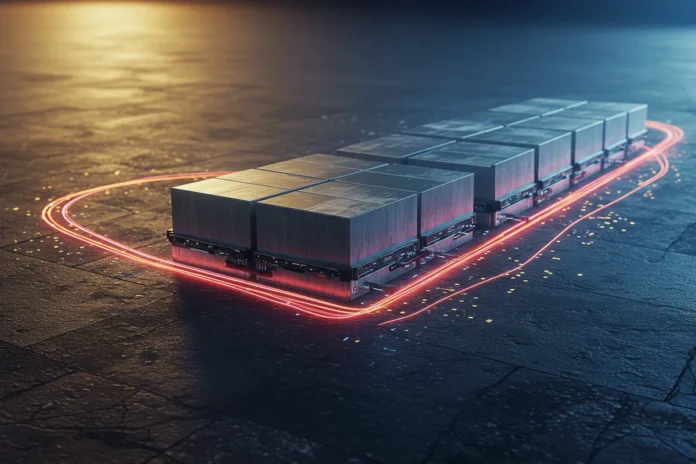Discover how innovative Chinese cobalt-free battery technology is set to disrupt the European EV market, offering cost-efficient, sustainable solutions that may soon redefine electric mobility.
Electric vehicles (EVs) are at the forefront of modern transportation, and battery technology remains the beating heart of this revolution. Recent breakthroughs by Chinese manufacturers point to a significant shift: advanced batteries that omit cobalt content now appear poised to render traditional European EV batteries obsolete. At CommaFast, we dive into how these innovations could reset industry standards.
Breaking New Ground with Cobalt-Free Solutions
In recent years, concerns about cobalt availability, its ethical procurement, and its escalating cost have driven battery developers to rethink conventional formulas. Chinese engineers have developed cobalt-free batteries that rely on alternative materials engineered to suit high-performance electric vehicles. These new systems not only tackle environmental and social challenges but also bring down production costs—an outcome that traditional European battery manufacturers may struggle to match.
This innovative shift represents a pivotal moment within the EV battery landscape. By eliminating cobalt, manufacturers can bypass volatile supply chains and regulatory hurdles while ensuring that performance remains robust, if not superior, to that of traditional designs.

Comparative Analysis: Chinese vs. European Battery Technologies
To better understand the potential impact of this breakthrough, consider the following comparative table that highlights the key differences between the emerging Chinese cobalt-free batteries and their European counterparts:
| Feature | Chinese Cobalt-Free Battery | Traditional European Battery |
|---|---|---|
| Material Composition | Engineered without cobalt, utilising cutting-edge compounds | Relies on cobalt and established materials |
| Cost Efficiency | Lower production costs due to abundant, alternative resources | Higher costs driven by expensive cobalt extraction |
| Sustainability & Ethics | Improved sustainability with reduced environmental and ethical concerns | Ongoing issues with cobalt sourcing and environmental impact |
| Performance Metrics | Competitive performance with enhanced energy density | Proven reliability with incremental improvements |
In addition to economic benefits, Chinese manufacturers claim that their new composition allows for finer control over energy density and lifespan. European firms, however, have long relied on cobalt’s stable chemistry, and transitioning to a new paradigm may require significant retooling and capital investment.
Implications for the European EV Market
The potential disruption caused by cobalt-free batteries extends far beyond production costs and technical performance. European EV manufacturers, who have heavily invested in cobalt-based technologies, might find themselves at a competitive disadvantage if these new batteries prove scalable on a global level.
Regulators and policymakers in Europe constantly assess energy sustainability and supply chain resilience. As the cobalt debate gains traction, the paradigm shift toward more abundant and ethically sourced materials will likely become a strategic priority. From an investment standpoint, lowered reliance on controversial materials could spur market confidence and attract new players to the EV sector.
Moreover, as consumers increasingly demand sustainable technologies, the appeal of a battery system devoid of such ethical concerns is clear. Balancing performance, cost, and sustainability presents an opportunity for European manufacturers to innovate—or risk falling behind in an already fast-paced industry.

Looking Ahead: The Future of EV Battery Design
The development of cobalt-free batteries signals not only a technical milestone but also a broader transformation within the EV ecosystem. With rapidly evolving research and industrial partnerships, the global automotive landscape is on the brink of a new era.
Both investors and carmakers worldwide are taking note. In the coming years, widespread adoption of such technologies may lead to enhanced recycling methods, more efficient manufacturing practices, and stronger collaborations between governments and industry stakeholders, all fostering an environment ripe for rapid innovation.
As the old paradigms give way to new energy solutions, the balance of power in the EV market may tip decisively in favour of those designs that embrace less controversial, more sustainable material choices. European industry leaders now face a daunting yet exciting challenge: innovate or risk obsolescence.
Final Thoughts
The race for battery supremacy is rapidly intensifying, and the rise of cobalt-free technology is set to disrupt longstanding market dynamics. For those passionate about electric mobility, these developments not only promise more sustainable and cost-effective solutions but also call upon industry experts to reimagine what the future of transportation can be.
At CommaFast, we remain committed to tracking such transformative trends, offering insights that equip you with the knowledge to navigate a rapidly evolving technological landscape.




